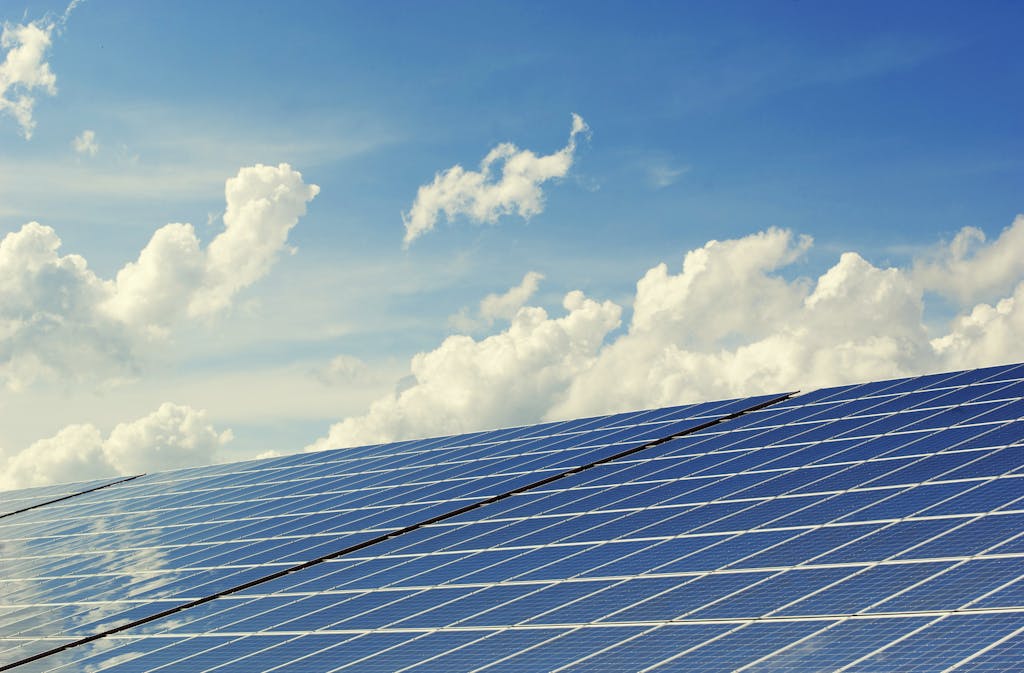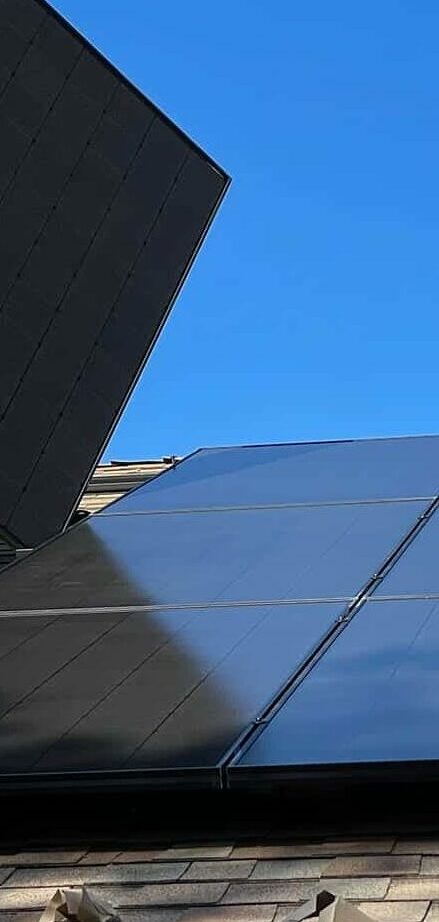
Benefits of Going Solar
1) Save Money: Eliminate your utility bill by producing your own renewable solar energy
2) Take advantage of your Federal Tax Credit: Directly reduce the cost of your project by 30%
3) Achieve Energy Independence: Keep your family safe and keep the lights on in a power outage with solar + storage.

What to Consider Before Installing Residential Solar Panels
Switching to solar energy is an important decision, and there are many factors that determine whether your home is a good fit. Here are a few essential considerations:
- Shade levels: The amount of shade on your property can influence your solar energy production. Contact us for a complimentary design and quote to assess your home’s solar potential.
- Roof condition: The age and state of your roof are important. If your roof is nearing its end of life, it’s advisable to replace it before solar installation.
- Energy consumption: Understanding your home’s energy usage is key. This helps determine the optimal size of the solar system to meet your energy needs.

Cost of Residential Solar Panels
While the potential for significant savings on your monthly electric bills is a major draw of solar panels, the upfront investment can be a hurdle for some homeowners. Get in touch with our solar consultants to talk further about the incentives and financing options available. We’ll walk you through the options to see how solar can fit your budget.
The average cost of solar panels can vary, typically ranging from $2.50 to $4 per watt. For a small 5-kilowatt system, this translates to an estimated initial investment of about $15,000, before the 30% solar tax credit. For a more typical 10kW system, the average cost is about $30,000 before the credit. We are seeing 7-10 year payback and ~10% ROI for residential systems in the Philadelphia metro area in 2024. Dive deeper into the costs and potential savings of residential solar panels as you explore the exciting world of solar energy.
